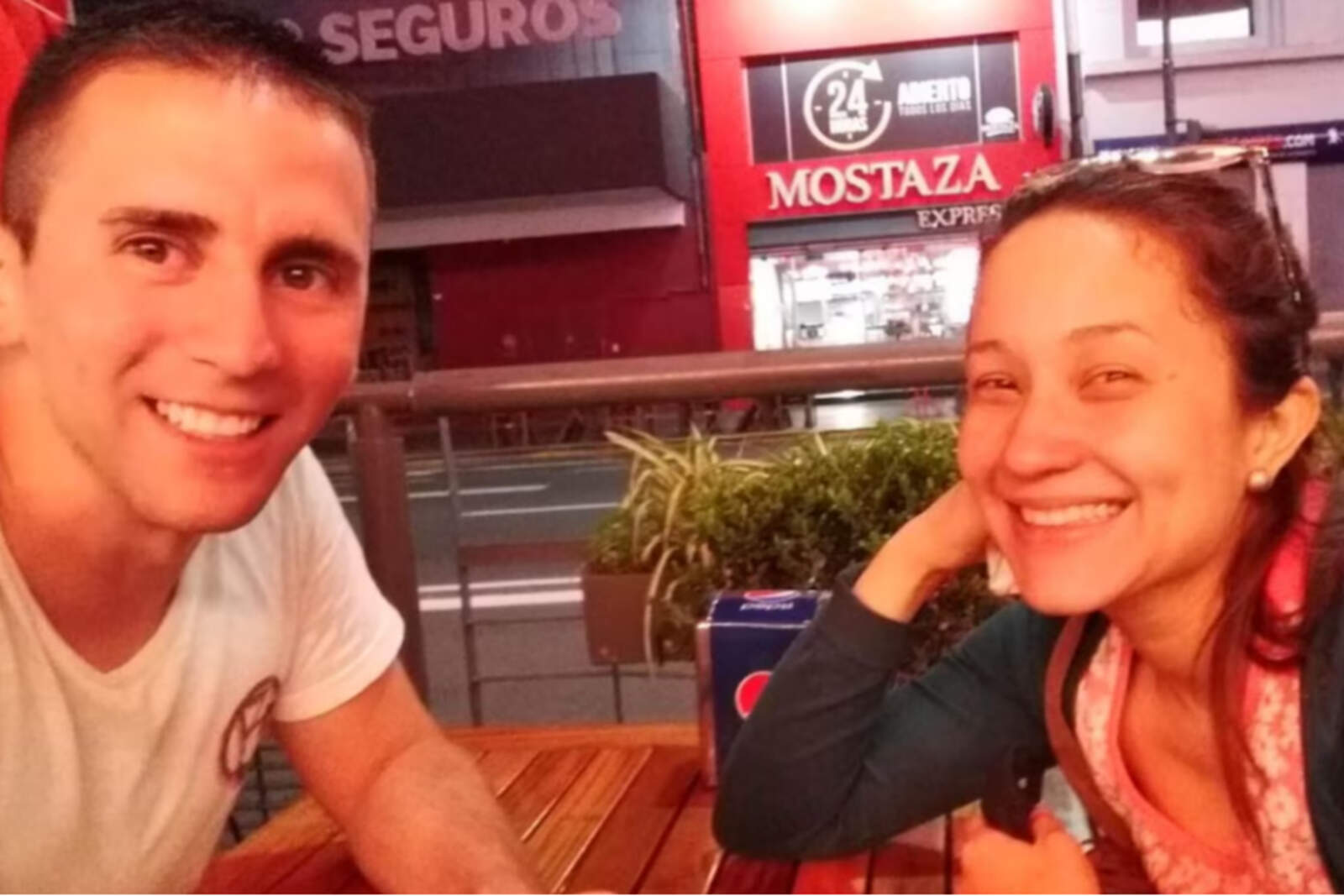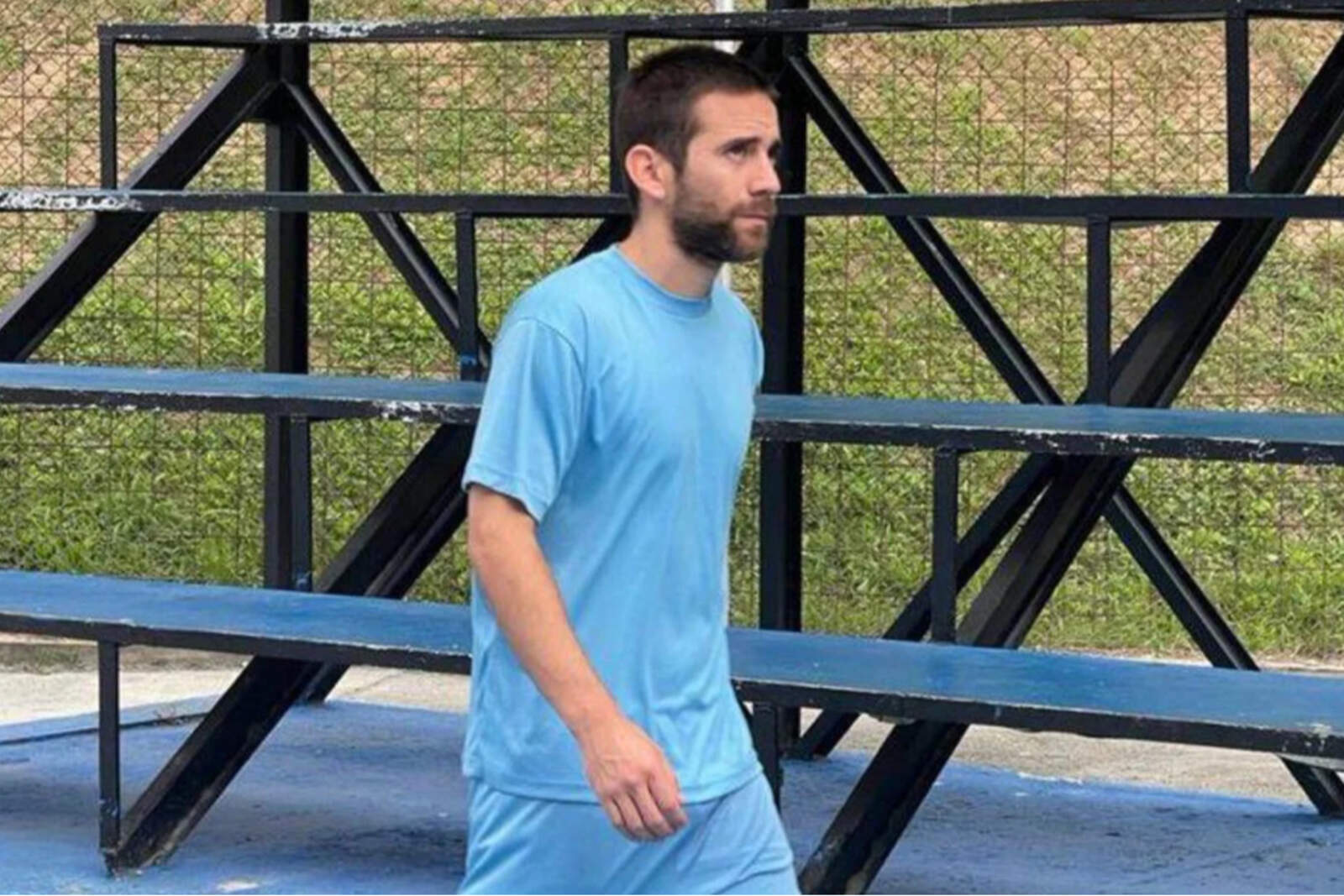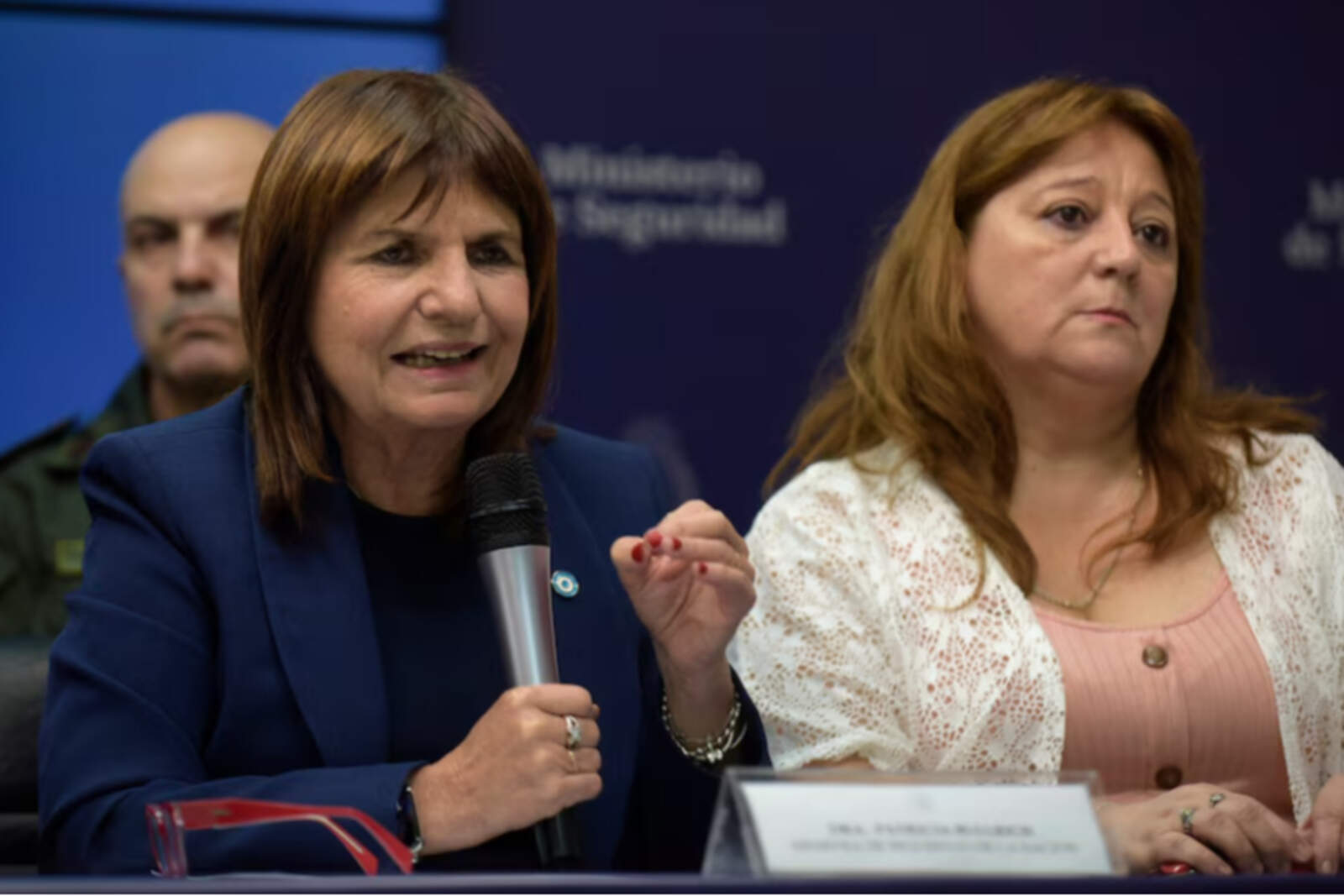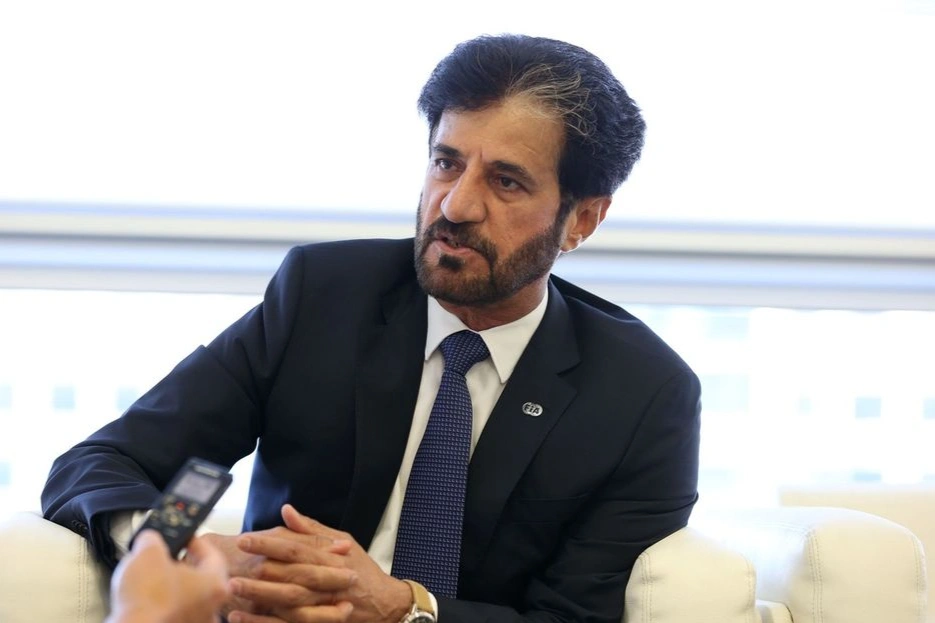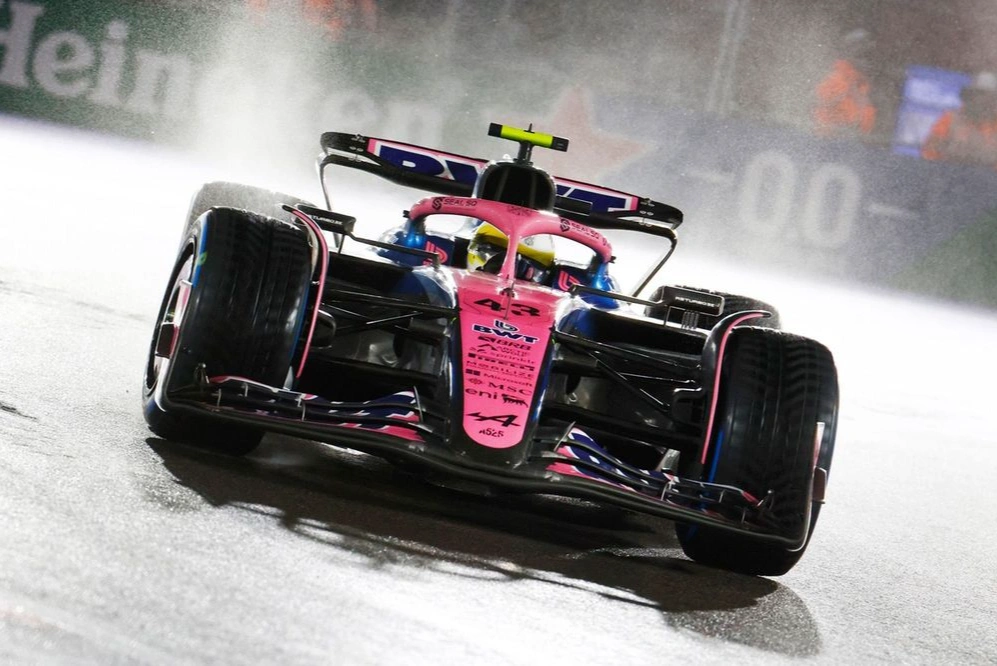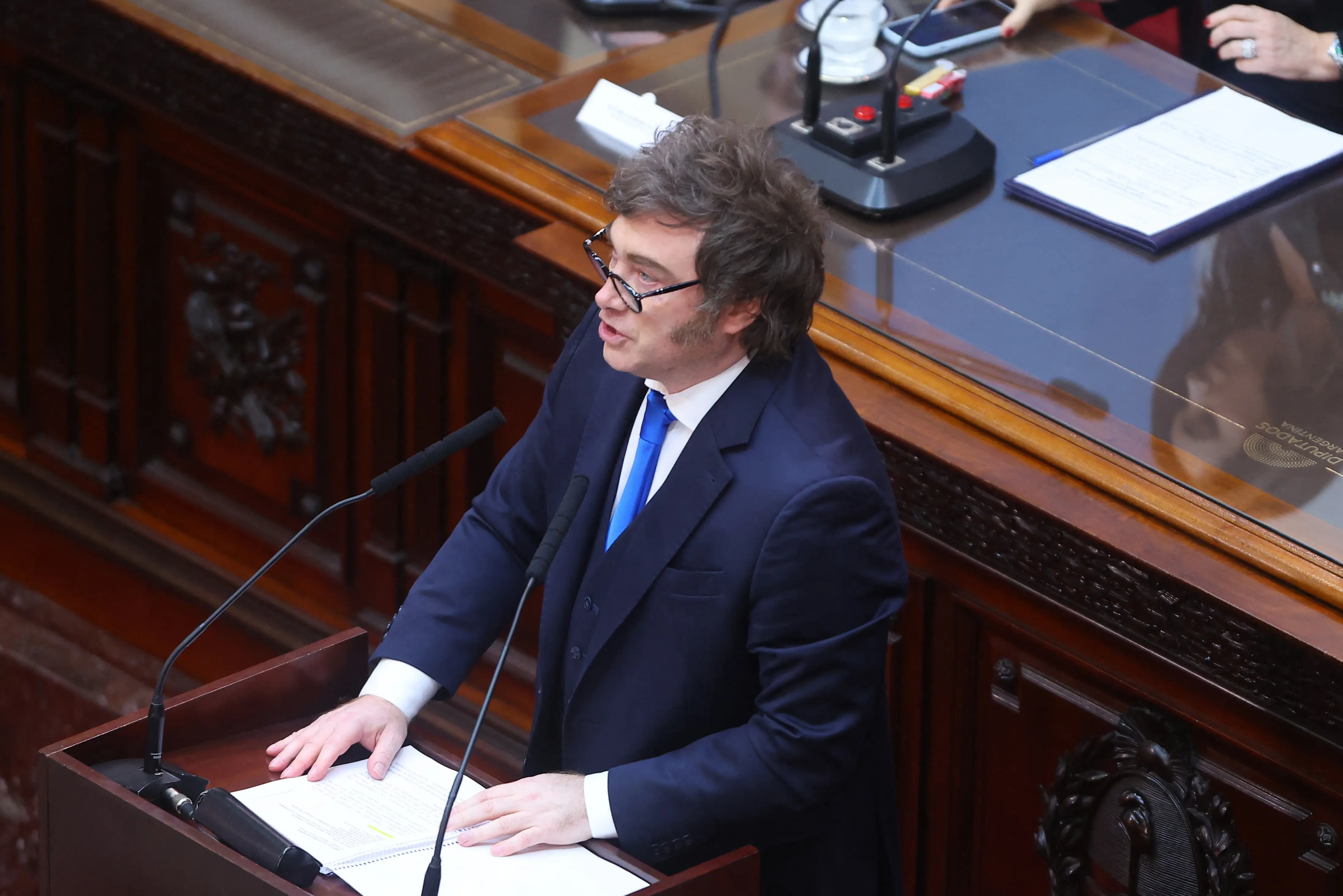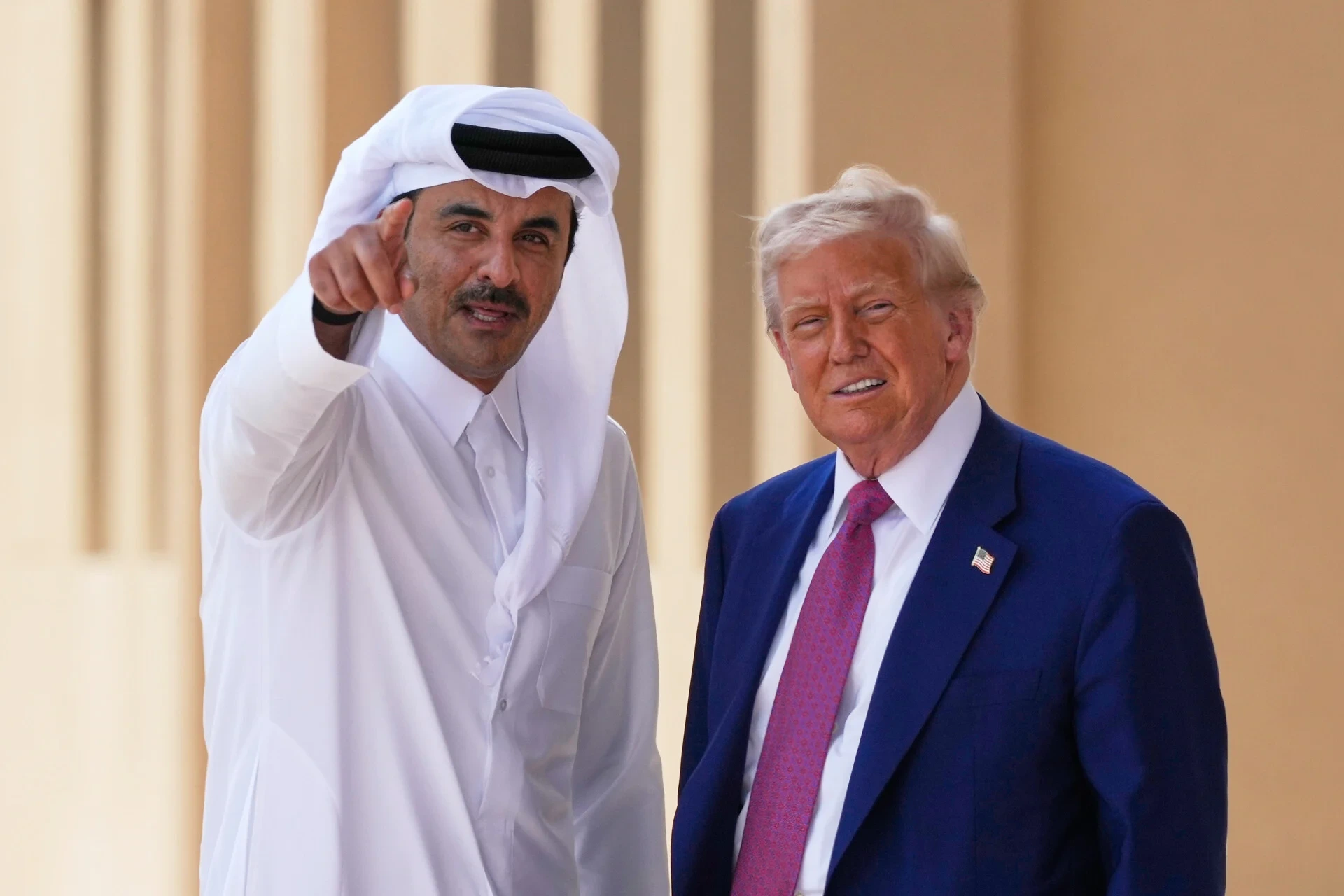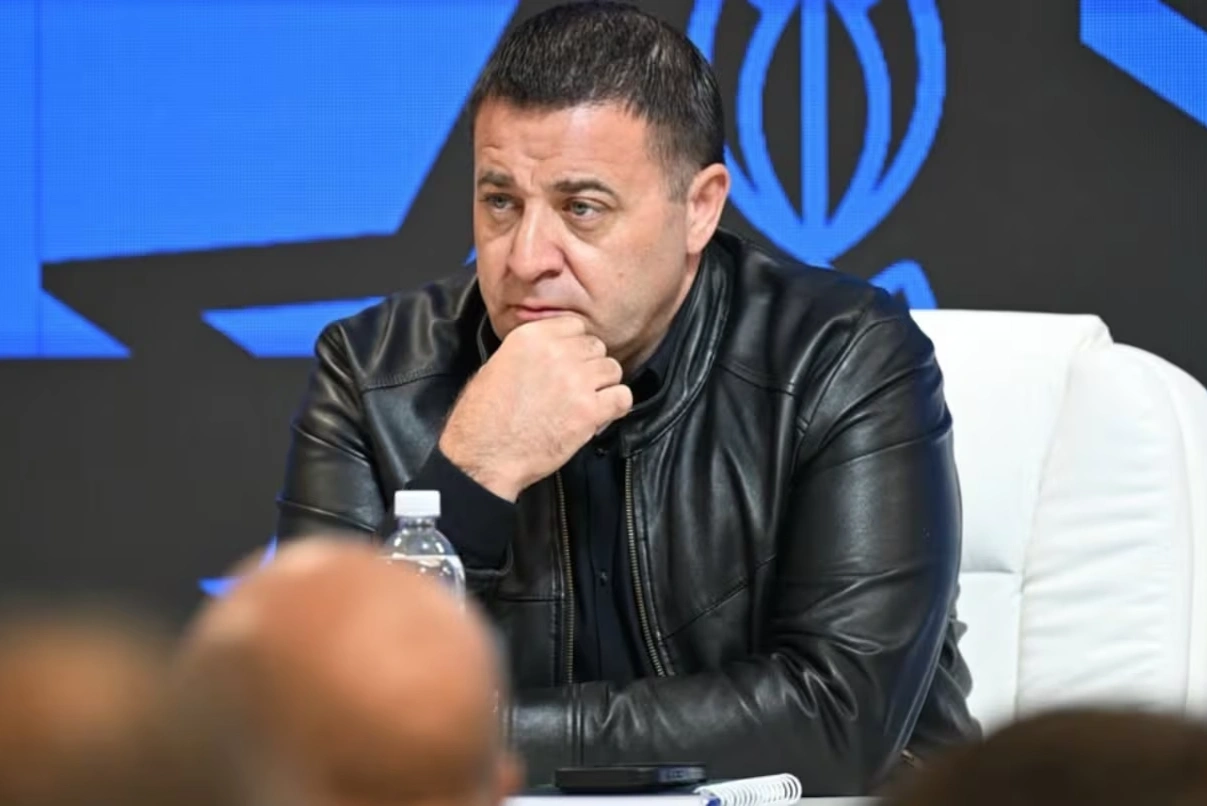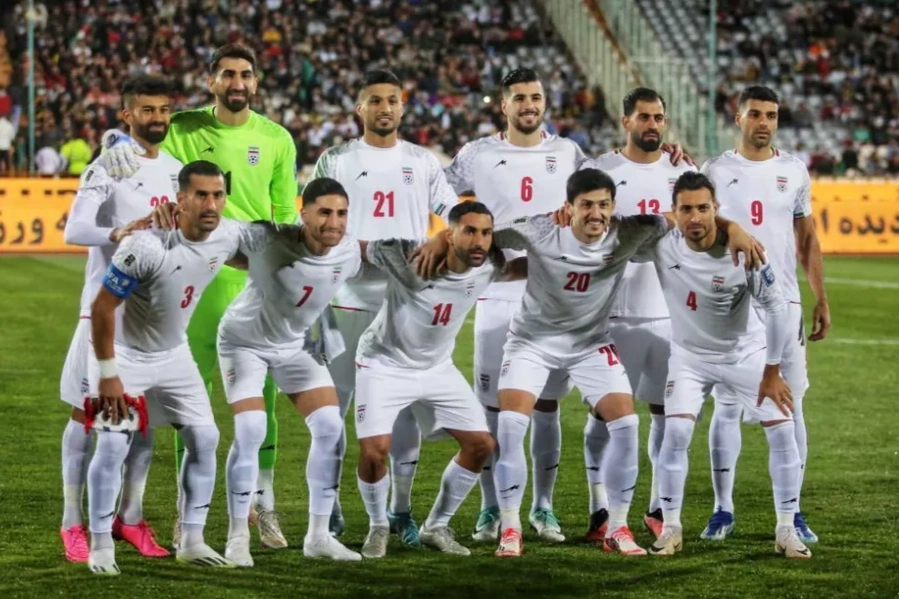In a context of increasing repression by the Venezuelan regime, the partner and son of the Argentine gendarme Nahuel Gallo managed to leave the country through a secret operation coordinated by the Argentine government and international human rights organizations. The woman, María Alexandra Gómez García, and her son, Víctor Benjamín, crossed the border into Colombia, distancing themselves from a situation that had become unsustainable.
Both were residing in Anzoátegui, in eastern Venezuela, together with Gómez García's mother. According to available information, the family was facing serious economic difficulties and lived under the constant fear of being targeted by the Chavista repressive machinery, which in recent months has intensified arbitrary detentions of both opposition members and foreigners.
Although Alexandra did not have any legal restrictions on leaving the country, she requested to be accompanied by someone "trustworthy" to avoid problems at the border. Ultimately, the transfer was successful, although it was carried out with absolute secrecy, even from the detainee's immediate family.
Gallo's detention and Venezuela's silence
Nahuel Gallo was detained in December 2023 after crossing the Francisco de Paula Santander International Bridge from Colombia, when he was attempting to visit his family. Since then, his communications have been almost nonexistent. The last time his partner managed to speak with him was on December 8, through a taxi driver's cell phone.
The only proof of life of the gendarme was a video and some photographs in which he appears dressed as a prisoner. According to unofficial sources, the images were reportedly taken in the prison known as El Rodeo.

